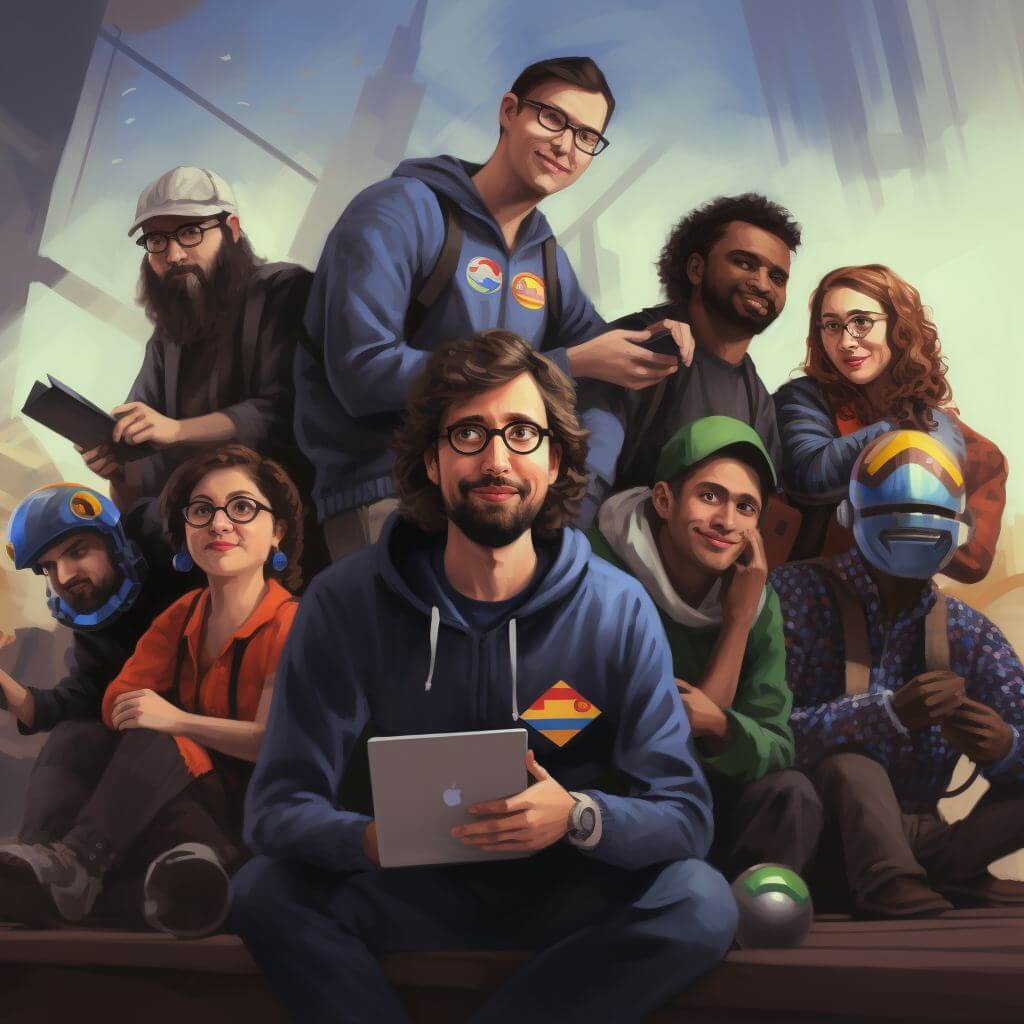In the fiercely competitive landscape of the artificial intelligence (AI) sector, OpenAI is making headlines by offering astronomical compensation packages to lure some of Google’s top AI developers. With the shortage of skilled AI professionals, tech companies are vying to secure the best talent to gain an edge in the AI race. OpenAI’s strategy of enticing Google’s AI experts with substantial financial incentives could reshape the industry’s talent dynamics.
OpenAI’s generous offerings
OpenAI is leaving no stone unturned to win the talent battle. The San Francisco-based firm is offering prospective employees not only significant salaries but also shares in the company. Additionally, they will have access to cutting-edge technology, including AI accelerator chips for research and testing purposes. OpenAI’s forthcoming employee share sale is set to value the company at a staggering $86 billion, according to Bloomberg.
Compensation that speaks volumes
The compensation packages being dangled before potential recruits are based on OpenAI’s current valuation of $27 billion. However, there is speculation that the company’s value could soar even higher when the share sale concludes. Top-tier packages could potentially be worth anywhere from $5 million to a jaw-dropping $10 million. This enticing offer has piqued the interest of many AI professionals.
Google’s response (or lack thereof)
Despite the alluring prospects at OpenAI, Google has not yet indicated that it will match these extravagant offers. The lack of a competitive response from Google raises questions about their strategy for retaining their AI talent amidst the escalating talent war.
OpenAI’s talent acquisition strategy
OpenAI has already successfully attracted around 93 individuals who previously worked at Google and Meta (formerly Facebook). The company’s aggressive recruitment efforts are well-documented, and it’s clear that they see talent as a key asset in their quest to dominate the AI sector. This strategic hiring has been driven by OpenAI’s pursuit of world-class AI researchers and engineers.
Compensation benchmarking
For context, OpenAI is paying its research engineers in the superalignment team annual salaries ranging from $245,000 to $450,000. These salaries are accompanied by “generous equity” offerings, as indicated in job advertisements. It’s a clear indication of the premium OpenAI places on attracting and retaining top talent.
The back-and-forth between OpenAI and Google
While OpenAI has made efforts to retain its junior employees through increased pay, Google hasn’t been idle either. Reports suggest that Google has successfully recruited some high-ranking researchers from OpenAI, partly by offering more competitive salaries. This back-and-forth talent exchange underscores the fierce competition for AI expertise.
OpenAI’s strategy amidst the talent war
OpenAI’s CEO, Sam Altman, has communicated internally that Google will likely maintain a computing advantage until next year when Microsoft, a significant investor in OpenAI, makes additional AI chips available. This reflects OpenAI’s strategic partnership with Microsoft and its reliance on advanced hardware to drive its AI initiatives.
AI chip rivalry heats up
The battle for AI dominance extends beyond talent acquisition to hardware development. Major tech players like Microsoft, Google, Amazon, and Nvidia are investing heavily in AI chip development. Microsoft’s upcoming AI chip, Athena, is set to compete with Nvidia’s H100 GPU and can serve as a cloud-based solution for developers. Furthermore, Microsoft is collaborating with Advanced Micro Devices (AMD) on its MI300X AI chip, which is expected to launch by year-end.
Google’s Tensor Processing Unit (TPU)
Google, for its part, has been using and refining its own AI chip, the Tensor Processing Unit (TPU), since 2015. The TPU has found applications in various Google services, including text processing for Google Street View and image recognition for Google Photos. It has also been instrumental in training Google’s current AI models, showcasing the importance of in-house hardware solutions.
The expanding AI landscape
The ongoing competition in the AI sector reflects the rapid growth and potential of artificial intelligence. Companies are not only investing heavily in talent but also hardware infrastructure to stay at the forefront of AI innovation. This competition is not limited to established giants but extends to newcomers like Elon Musk’s xAI, which recently introduced the AI chatbot Grok to compete with offerings from OpenAI, Google, and others.
The stakes in the AI talent and hardware race
OpenAI’s aggressive approach to acquiring top AI talent and the escalating AI chip rivalry among tech giants underscore the critical role that human expertise and hardware play in the evolving AI landscape. As the battle for supremacy in AI continues, it remains to be seen how these developments will shape the future of the industry and which companies will emerge as the true leaders in the era of artificial intelligence.





